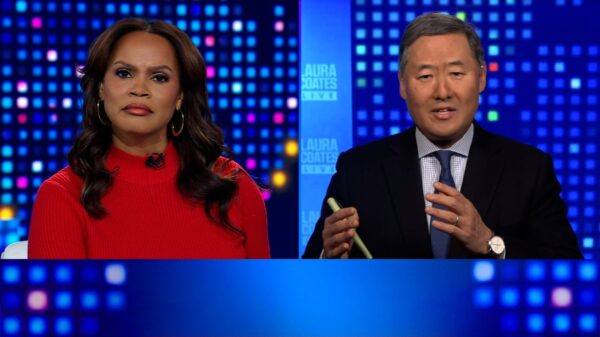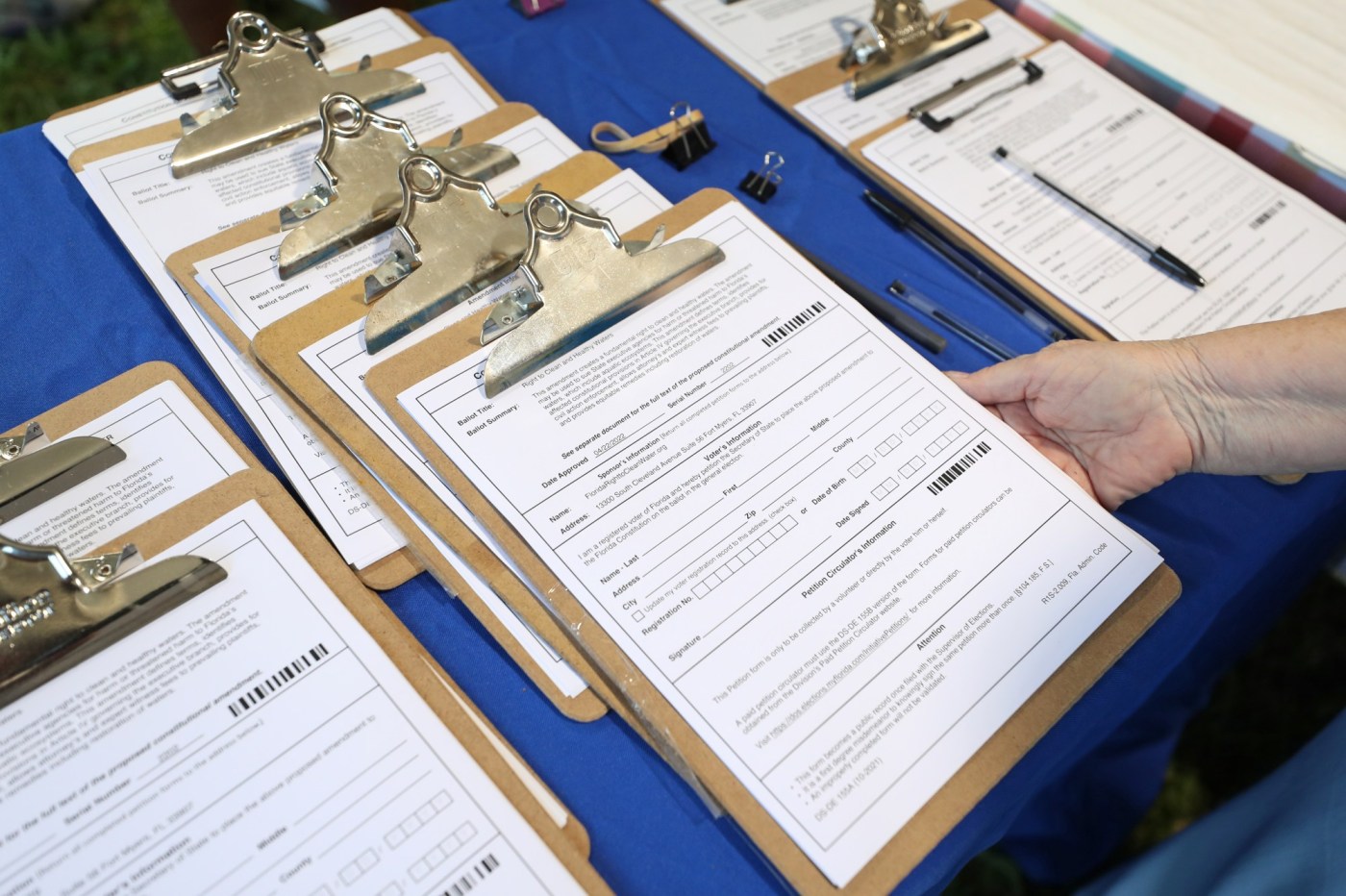A sharply divided 11th U.S. Circuit Court of Appeals has temporarily halted a lower court’s ruling that blocked significant parts of a Florida law restricting non-residents and non-U.S. citizens from collecting signatures for ballot proposals. This decision allows the law, introduced by Republican legislators and supported by Governor Ron DeSantis, to remain in effect while legal challenges continue.
The law, known as HB 1205, emerged following the narrow failures of proposed constitutional amendments related to recreational marijuana and abortion rights in November. The political committee Florida Decides Healthcare, which is sponsoring a ballot measure to expand Medicaid coverage, filed a federal lawsuit in May. The lawsuit argues that the law infringes upon constitutionally protected political speech by limiting who can gather signatures.
Legal Battle Intensifies
U.S. District Judge Mark Walker issued a preliminary injunction in July, stating that the law’s restrictions were overly broad. However, a three-judge panel of the appeals court ruled 2-1 in favor of the state, asserting that Florida had demonstrated a compelling case that the law does not violate the First Amendment rights of individuals involved in the petition process.
Judge Barbara Lagoa, who authored the majority opinion, emphasized that the residency and citizenship requirements do not impede the speech aspects of the petition circulation process. “The law does not restrict any speech elements,” she stated, adding that non-residents and non-citizens can still engage with voters about political issues.
The law includes penalties for groups that knowingly violate the restrictions, with potential fines reaching $50,000 and mandates that petitions collected by non-citizens or non-residents be discarded. Attorney General James Uthmeier praised the ruling, declaring it a victory for constitutional integrity.
Dissenting Opinions and Future Implications
In a dissenting opinion, Judge Nancy Abudu criticized the majority’s stance, expressing concern that the ruling diverges from established judicial precedents. She argued that the restrictions represent a sweeping barrier to political participation and could set a dangerous precedent for future legislation.
“If the law is upheld, Florida can now criminalize any expressive activity it chooses,” Abudu warned.
Supporters of the Medicaid initiative have expressed disappointment with the ruling, predicting that the law will ultimately be found unconstitutional. Mitch Emerson, executive director of Florida Decides Healthcare, indicated that the restrictions could severely impede their ability to gather the required 880,000 valid signatures by February 1, 2026.
Other parties involved in the lawsuit include the committee Smart & Safe Florida, which is working to place a revised recreational marijuana proposal on the ballot, as well as groups advocating for environmental rights and representing Hispanic voters.
The legal dispute highlights a significant divide among judges appointed by different administrations. The majority opinion, backed by judges appointed during President Donald Trump‘s tenure, contrasts sharply with Abudu’s dissent, who was appointed by President Joe Biden.
As the legal battle unfolds, the implications of this ruling will likely resonate throughout Florida’s political landscape, influencing how ballot measures are initiated and supported in the future.






































































